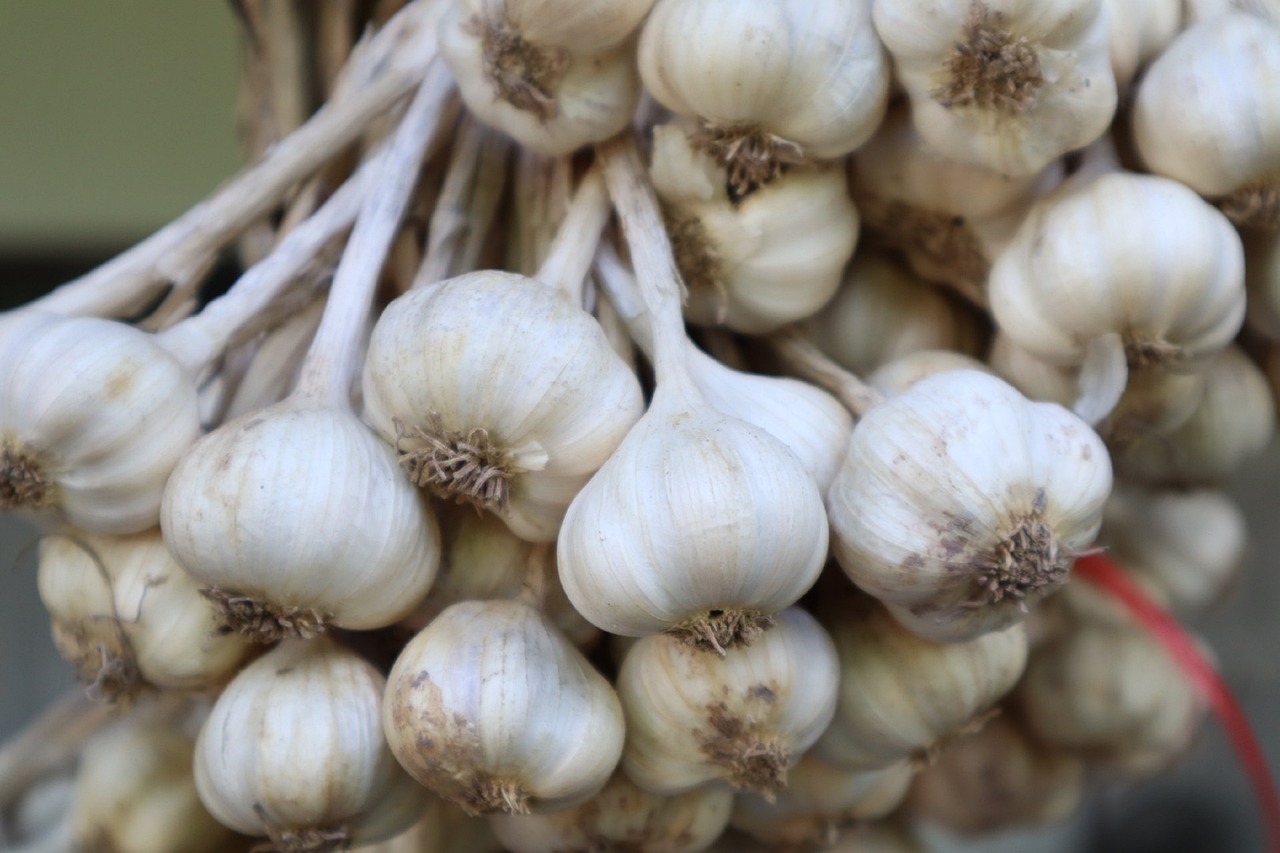Advances in Seed Technology
tiger exchange, golden77, sky 99 exch id:Advances in Seed Technology
Advances in seed technology have revolutionized the agriculture industry, leading to improved crop yields, enhanced resistance to pests and diseases, and increased profitability for farmers. Over the years, scientists and researchers have made significant strides in developing new seed varieties and technologies that have helped to address the challenges faced by farmers around the world. In this blog post, we will explore some of the latest advancements in seed technology and their impact on the agricultural sector.
Increased Yield Potential
One of the most significant advancements in seed technology has been the development of high-yielding seed varieties. These seeds are genetically modified to produce larger, healthier plants that can withstand various environmental conditions and produce higher yields. By planting these advanced seeds, farmers can increase their crop production and ultimately improve their income. This has been particularly beneficial in regions where food security is a major concern, as it helps to ensure a stable food supply for the population.
Disease and Pest Resistance
Another key benefit of advances in seed technology is the development of seeds that are resistant to pests and diseases. Traditional crop varieties are often susceptible to attacks by insects, fungi, and other pathogens, leading to reduced yields and increased crop losses. By incorporating resistance traits into seeds through genetic modification, scientists have enabled farmers to protect their crops from these threats and minimize the need for chemical pesticides. This not only benefits the environment by reducing the use of harmful chemicals but also helps farmers save money on expensive pest control measures.
Improved Nutritional Content
In addition to increasing yield potential and enhancing pest resistance, seed technology has also been used to improve the nutritional content of crops. For example, scientists have developed biofortified seeds that are enriched with essential vitamins and minerals, such as vitamin A, iron, and zinc. By growing these nutrient-rich crops, farmers can help combat malnutrition in communities where access to nutritious food is limited. This has the potential to improve the health and well-being of millions of people around the world, particularly in developing countries.
Climate Resilience
Climate change is a growing concern for farmers, as it brings about unpredictable weather patterns and extreme conditions that can threaten crop production. In response to this challenge, researchers have been working on developing seeds that are more resilient to climate change. These seeds are bred to tolerate heat, drought, flooding, and other environmental stresses, allowing farmers to continue growing crops even in harsh conditions. By cultivating climate-resilient varieties, farmers can adapt to the changing climate and safeguard their livelihoods against the impacts of global warming.
Precision Agriculture
Advancements in seed technology have also paved the way for the adoption of precision agriculture practices. By using data-driven tools and technologies, such as GPS mapping, drones, and sensors, farmers can make informed decisions about when and where to plant seeds, how much water and fertilizers to apply, and when to harvest their crops. This precision farming approach helps optimize resource use, minimize waste, and maximize yields, leading to increased efficiency and profitability for farmers. By integrating seed technology with precision agriculture, farmers can achieve sustainable and environmentally friendly farming practices.
Seed Quality and Uniformity
Another important aspect of seed technology is the improvement of seed quality and uniformity. High-quality seeds are essential for ensuring successful crop establishment and maximizing yields. Through advances in seed processing and sorting technologies, seed companies can produce seeds that are free of impurities, diseases, and genetic abnormalities. Furthermore, by enhancing seed uniformity, farmers can achieve more consistent plant growth and performance, leading to higher productivity and profitability. By investing in high-quality, uniform seeds, farmers can set themselves up for success in their farming operations.
In conclusion, advances in seed technology have had a profound impact on the agriculture industry, providing farmers with the tools and resources they need to overcome challenges and achieve sustainable and profitable crop production. With ongoing research and innovation, we can expect to see even more exciting developments in seed technology in the future, further enhancing food security, environmental sustainability, and economic prosperity in the agricultural sector.
FAQs
Q: How do genetically modified seeds differ from traditional seeds?
A: Genetically modified seeds have been altered at the genetic level to exhibit specific traits, such as pest resistance, disease resistance, or increased yield potential. Traditional seeds, on the other hand, are natural varieties that have not undergone genetic modification.
Q: Are genetically modified seeds safe for consumption?
A: Numerous scientific studies have confirmed the safety of genetically modified seeds for human consumption. Regulatory agencies around the world, such as the FDA in the United States and EFSA in Europe, have approved the use of genetically modified seeds in agriculture.
Q: Can farmers save and replant genetically modified seeds?
A: In most cases, farmers who purchase genetically modified seeds are not allowed to save and replant them due to intellectual property rights and licensing agreements with seed companies. Farmers are typically required to purchase new seeds each planting season.
Q: How do biofortified seeds help combat malnutrition?
A: Biofortified seeds are enriched with essential nutrients, such as vitamins and minerals, that are lacking in the diets of many people around the world. By growing biofortified crops, farmers can help address nutrient deficiencies and improve the health of populations that rely on these staple foods.
Q: What is the future of seed technology?
A: The future of seed technology holds great promise, with ongoing research focused on developing seeds that are even more resilient to climate change, higher yielding, and nutritionally enhanced. As technology continues to evolve, we can expect to see further advancements that will benefit farmers and consumers alike.







